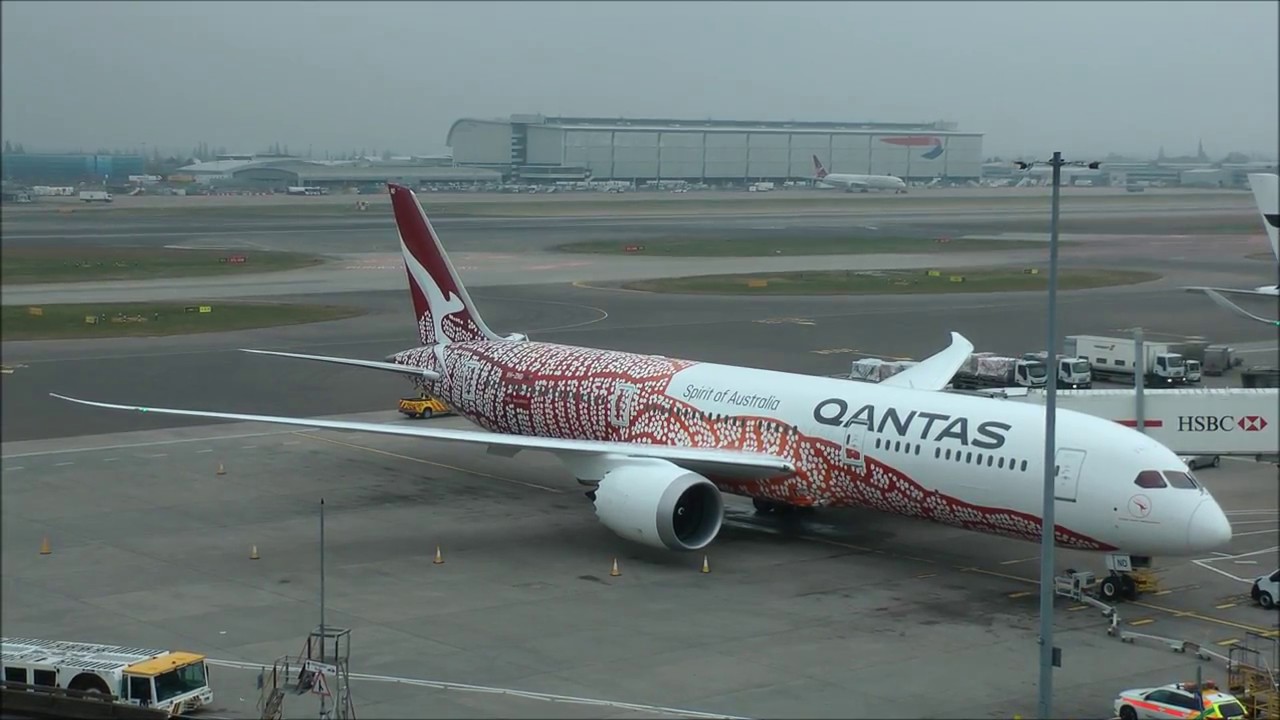More Australian states and territories are reimposing travel restrictions to prevent the spreading of the coronavirus from new outbreaks in New South Wales and Victoria states Singapore-based Travel Daily. The Australian Capital Territory has shut out non-residents who have been on the northern beaches of Sydney, where the outbreaks are most concentrated, Greater Sydney and other smaller centres, unless they have an exemption.
The Australian Capital Territory has shut out non-residents who have been on the northern beaches of Sydney, where the outbreaks are most concentrated, Greater Sydney and other smaller centres, unless they have an exemption.
The island state of Tasmania has barred anyone directly linked to the latest Victorian cases, listing exposure sites where confirmed cases are known to have been. The move followed Tasmania’s declaration of Greater Sydney and the Wollongong area south of Sydney as medium-risk zones, requiring travellers to quarantine for 14 days on arrival, while those from Sydney’s northern beaches are barred from entering.
Victoria’s border is now closed to all travellers from New South Wales. On 3 January, New South Wales recorded eight new local cases. There are 161 active cases in the state, most of them in the northern beaches of Sydney, and 13 emanating from liquor store that are not connected to the beaches' cluster.
The news that the state is battling two separate outbreaks in Sydney comes on the first day of mandatory mask restrictions across Greater Sydney, with enforcement from midnight of 4 January.
Travel to Australia is subject to entry restrictions.
Entry to Australia is closed, except for Australian citizens and permanent residents or those with an exemption.
All travellers entering Australia need to undertake mandatory 14-day quarantine at a designated facility (for example a hotel) at their port of arrival.
Australian citizens, including dual nationals, and permanent residents need an exemption to leave Australia unless ordinarily resident in a country outside of Australia.
https://uk.embassy.gov.au